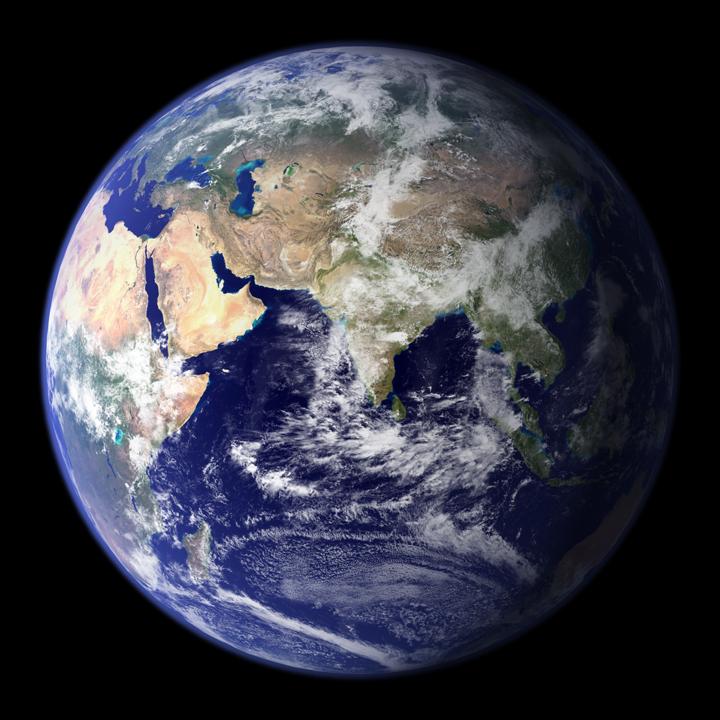Witte: Society unsustainable with seven billion people
November 1, 2011
As of Oct. 31, there are seven billion people on the planet. That is the date, according to the U.N., at which Earth was to see the birth of its seven billionth inhabitant. We may already have seven billion already, or we may not. The U.N. made Oct. 31 the date mainly for symbolic reasons to celebrate this monumental feat.
Whether you want to admit it or not, our lovely planet is quickly reaching its carrying capacity, which is the population that Earth can sustain in a responsible manner. We may have already reached the carrying capacity, but even so, the fact that 24,000 people around the world die each day due to starvation, and that billions more live in dire poverty with scarce supplies of drinking water and food, should tell us that something is wrong here.
And with an overpopulation of a planet comes, first and foremost, the problem of natural resources. Petroleum, by all accounts, will be depleted within the next century across the planet, and with that comes an unspeakable problem. Everything that we come into contact with in our lives came into contact with some form of petroleum throughout its production process. There is no escaping that.
The most important of which is food. Food that we eat, especially in industrialized countries, cannot be produced without extensive use of petroleum. We have come to a point where, if all the oil dried up tomorrow, food that is produced in America could not be made to feed even ourselves, let alone the vast amounts that go to other countries.
We have reached a point of entropy in which we have become disconnected with the natural processes in which food is produced. When oil becomes as important, or more so, than water and sunlight to grow food, we have to take a step back and look at what we are doing.
Something that never comes up when the issue of overpopulation of the earth comes up, especially in the mainstream media, is the global economic system. We are told not to question the powers that be when it comes to an economic system who demands one thing and one thing only: more.
The economic system of neoliberalism has created a system of dependence in which the Third World has become enslaved by industrialized countries, either producing food or being raped for its natural resources, in which the former countries see none, or hardly any, of the profits. And this is what we celebrate, being in one of these industrialized nations, of course, as living in a ‘globalized’ world.
The system of corporate capitalism, which has produced corporations that are supra-national, has been able to effectively take control over natural resources in all parts of the world and see to it that the most money for the least input is taken from them. And while these entities are responsible solely to their shareholders, and not to anyone else, the problem of natural resource exhaustion is an immense problem for the seven billion people on Earth.
The highly evolved state of capitalism in which we find ourselves today will not save the planet from itself. It will continue to consume all resources this planet has to offer until capitalism finally collapses on itself like a dying star. And all the people of Earth will have to suffer the consequences for the actions of a few.
Something must change before we as a planet are pushed over the brink in terms of resource depletion. A population cannot survive without basic resources such as food, water and shelter, and the juggernaut of neoliberalism, which consumes without regard, must be altered in order to sustain a global population of seven billion and counting.

















